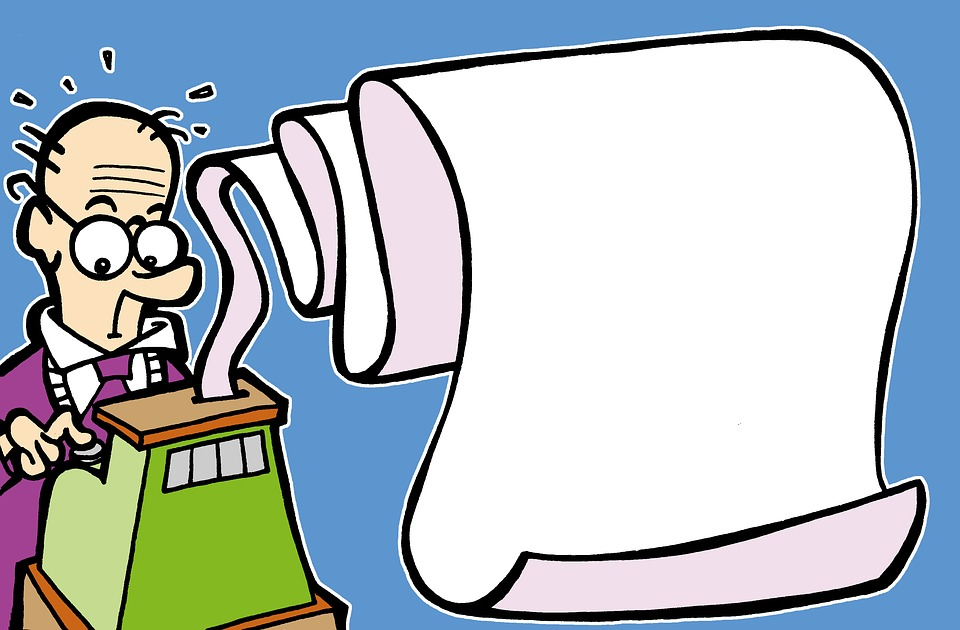

Problem of the Week
Problem D and Solution
Grandpa’s Math
Problem
Bryn’s Grandpa is always creating math problems for her to solve.
In one problem, he gave her a store receipt that listed 72 identical items, each the same price, for a total cost of
\[\$\ \bigstar \,6\, 7\,.\,9\, \bigstar\] Bryn’s Grandpa covered the first and last digits of the total price on the receipt with stars.
Determine the values of the digits that Bryn’s Grandpa covered.

Solution
Let the total price of the 72 items be \(A679B\) cents.
We know the total value of the 72 identical items. We could find the value of 1 item by dividing the total value by 72. Since the total value of the items is divisible by 72, it is also divisible by the divisors of 72, namely \(1,2,3,4,6,8,9,12,18,24,36\), and \(72\).
If a number is divisible by 4, the last two digits of the number are divisible by 4. Therefore \(9B\) is divisible by 4. The only two digit numbers beginning with 9 that are divisible by 4 are \(92\) and \(96\). So the only possible values for \(B\) are 2 and 6. The value of the 72 items is either \(A6792\) or \(A6796\). But the number must also be divisible by 8. To be divisible by 8, the last three digits of the number must be divisible by 8. Of the two possible numbers, 792 and 796, only 792 is divisible by 8. Therefore, the last digit of the price is 2 and we now know that 72 items cost \(A6792\) cents.
If a number is divisible by 9, the sum of the digits of the number is divisible by 9. So \(A+6+7+9+2=A+24\) must be divisible by 9. Since \(A\) is a single digit from 0 to 9, the sum \(A+24\) is an integer from 24 to 33. The only number in this range divisible by 9 is 27. It follows that \(A+24=27\) and \(A=3\).
Therefore, the 72 items cost \(\$367.92\) and the missing digits are 3 and 2. Each item cost \(\$367.92\div 72\) or \(\$5.11\).
Note: This approach is very efficient but the solver must be careful. The numbers 4 and 9 both divide 72 and any number that is divisible by 72. It does not follow that a number divisible by \(4\times 9 = 36\) is also divisible by 72. For example, 108 is divisible by 36 but not divisible by 72. In this solution we found a number divisible by both 8 and 9. Since 8 and 9 have no common factors and \(8\times 9 = 72\), a number divisible by 8 and 9 is also divisible by 72.
It is also possible to solve this problem using systematic trial and error. That is, you could first find the value of \(B\) by performing the multiplication for all possible values of \(B\). In this case, since there are only 10 possible values of \(B\) (the digits from 0 to 9), the solution can be found reasonably quickly.